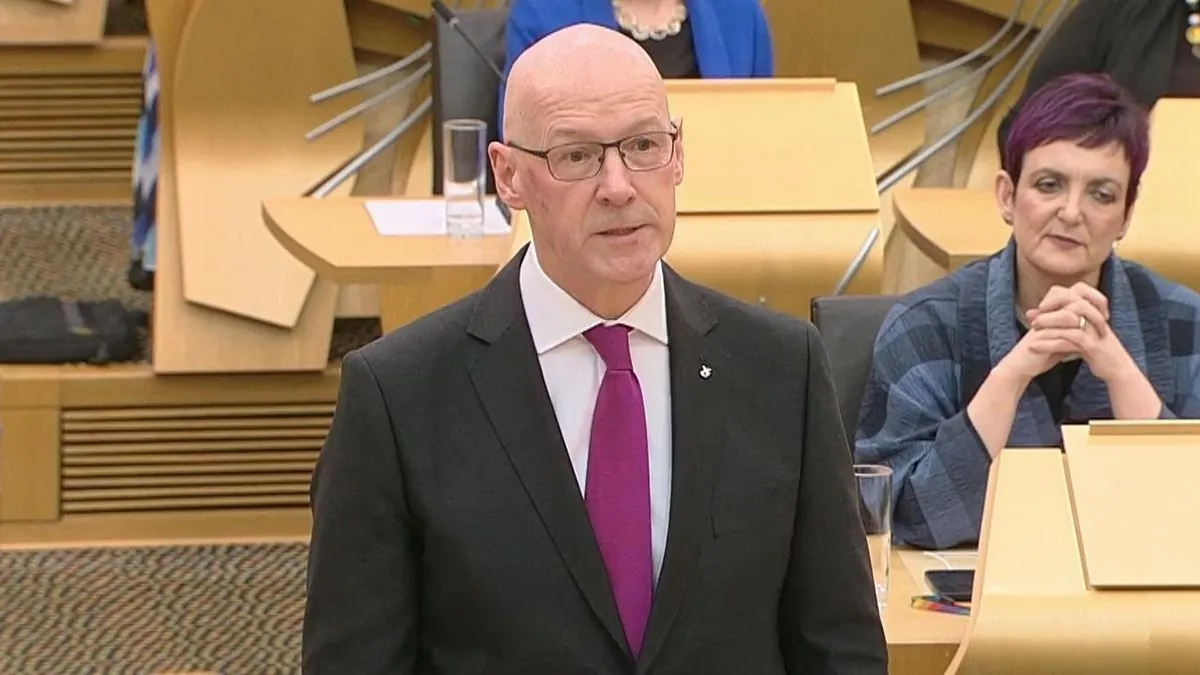Scottish Ministerial Code Overhaul Follows Expense Scandal
John Swinney announces reforms to Scottish ministerial conduct rules following a data roaming charge controversy. The changes aim to strengthen independent oversight and restore public trust.

In response to a recent expense scandal, John Swinney, the First Minister of Scotland, has announced plans to revise the rules governing ministerial conduct. This decision comes in the wake of the controversy surrounding Michael Matheson, who resigned from his position as Scottish health secretary earlier this year.
The proposed changes aim to enhance the role of independent advisors in investigating alleged breaches of the ministerial code. Currently, only the First Minister can initiate such inquiries. Under the new system, these advisors would have the authority to launch their own investigations and recommend appropriate sanctions.
"My ministers and I are in public service. I want my government to set the highest standard of propriety and integrity. I want trust to be at the heart of our relationship with the people of Scotland. That is why I intend to make changes to strengthen the Scottish Ministerial Code."
The scandal that prompted this reform involved Michael Matheson incurring a substantial data roaming charge of £10,941.74 during a family holiday in Morocco in December 2022. Initially, Matheson claimed the charges were related to constituency work and used public funds to cover the expense. However, he later admitted that his sons had used the device to watch football matches, leading to his resignation in February 2024.

The Scottish Parliament, established in 1999, operates on a committee system with 129 Members of the Scottish Parliament (MSPs). The standards committee, responsible for overseeing MSP conduct, recommended a 27-day suspension for Matheson. However, Swinney and his Scottish National Party (SNP) colleagues abstained from voting on the punishment, drawing criticism from opposition leaders.
Douglas Ross, the Scottish Conservative leader, welcomed the announcement but questioned Swinney's motives, suggesting it might be a belated acknowledgment of mishandling the Matheson case.
The new ministerial code is expected to be published by the end of 2024, potentially strengthening the Scottish Parliament's ability to maintain high standards of conduct among its ministers. This reform comes at a crucial time for the SNP, which has been in power since 2007 and faces ongoing challenges in maintaining public trust.
As Scotland continues to exercise its devolved powers over areas such as health and education, the importance of transparent and accountable governance remains paramount. The proposed changes to the ministerial code represent a step towards reinforcing the integrity of the Scottish Government and its relationship with the people it serves.


































